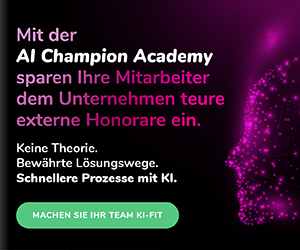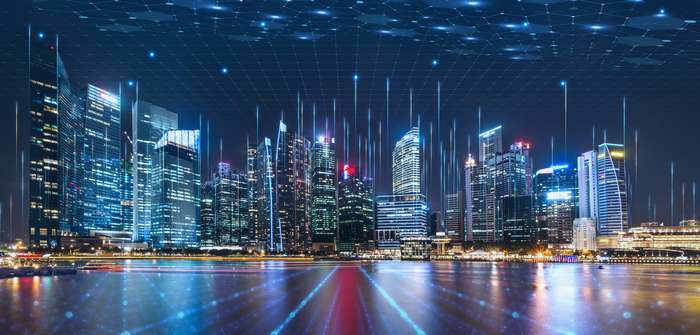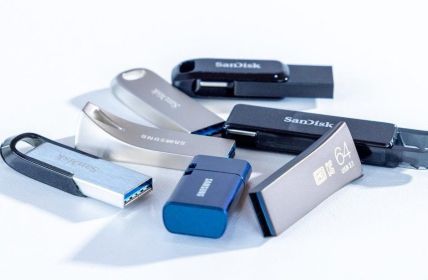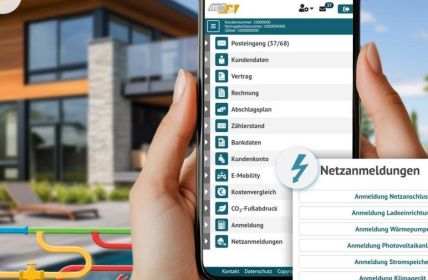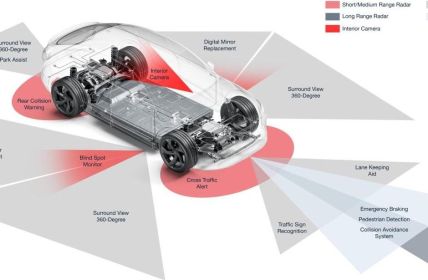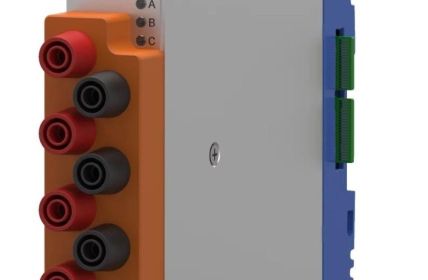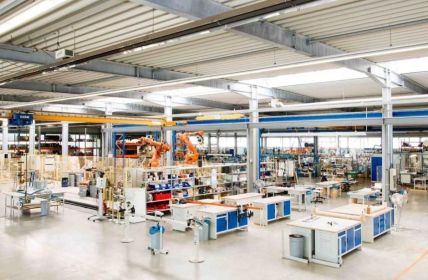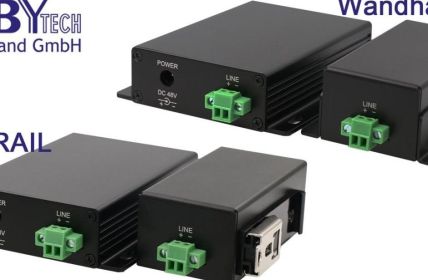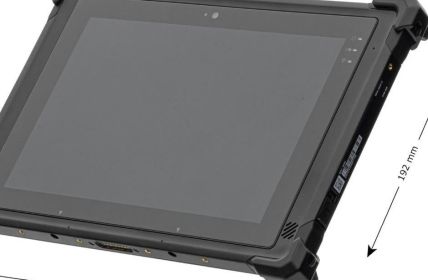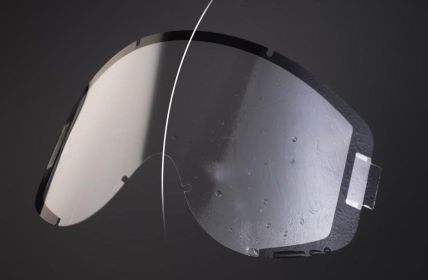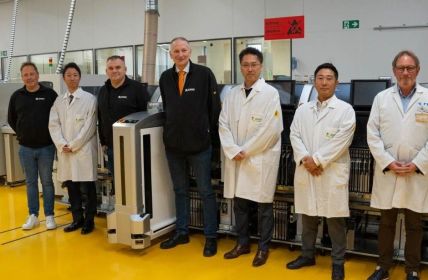Australian LoRaWAN network operator NNNCo announces its partnership with technology supplier Wellness TechGroup. The agreement reached will see the intercompany install70,000 smart LEDs in Uruguay’s capital city of Montevideo.
Table of Contents: What awaits you in this article
Milestone for LoRaWAN
With the implementation, the National Narrowband Network Company (NNCo) can probably realize one of the world’s largest LoRaWAN projects for smart street lighting. Covering a total area of 200 square kilometers, it will provide 1.3 million with access to a smart street lighting system. This could bring tangible improvements to everyday life.
LoRaWAN for climate protection
In addition to more pacified neighborhoods thanks to better illumination and safer street traffic, the technology also promises to help protect the climate. The company estimates that the technology can save up to 31,500 tons of CO2 per year. This is roughly equivalent to an 80 percent reduction in current consumption.
Basic technology for further networking
In addition, the installation of the network lays the foundation for more efficient collaboration with other intelligent services. The first step is to convert the previous lighting into LED streetlights using Wellness TechGroup CMS WeLight Manager software and LoRaWAN Actis Nema P7 nodes. The latter enable remote maintenance of the fixture. The newly installed system can then be combined with other smart systems, such as optimized water management and waste disposal.
LoRaWAN success model
The hallmark of Low Power Wide Area Network (LoRaWAN) technology is the combination of modern technology solutions and energy-efficient structures. Low costs for implementation, operation and maintenance meet optimized battery runtimes. High stability and operational reliability combine with versatile networks that can integrate services from other providers.
Wellness TechGroup: experienced lighting equipment supplier
NNNCo partner Wellness TechGroup already has a long track record of implementing LoRaWAN projects. According to its own information, the company has already been able to implement 300 smart lighting applications. To date, around one million light points have been used, which the supplier can maintain remotely.
The supplier is pursuing several goals with its approach. First, the technology aims to constantly reduce costs for users. Then it is aiming for a steady increase in efficiency while at the same time increasing environmental compatibility. And finally, information generated by real-time functions should help to significantly improve the lives of all users concerned.
